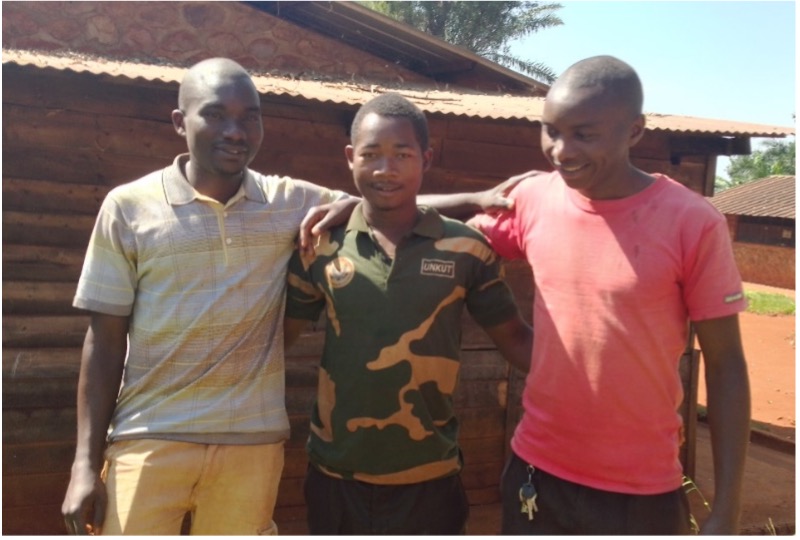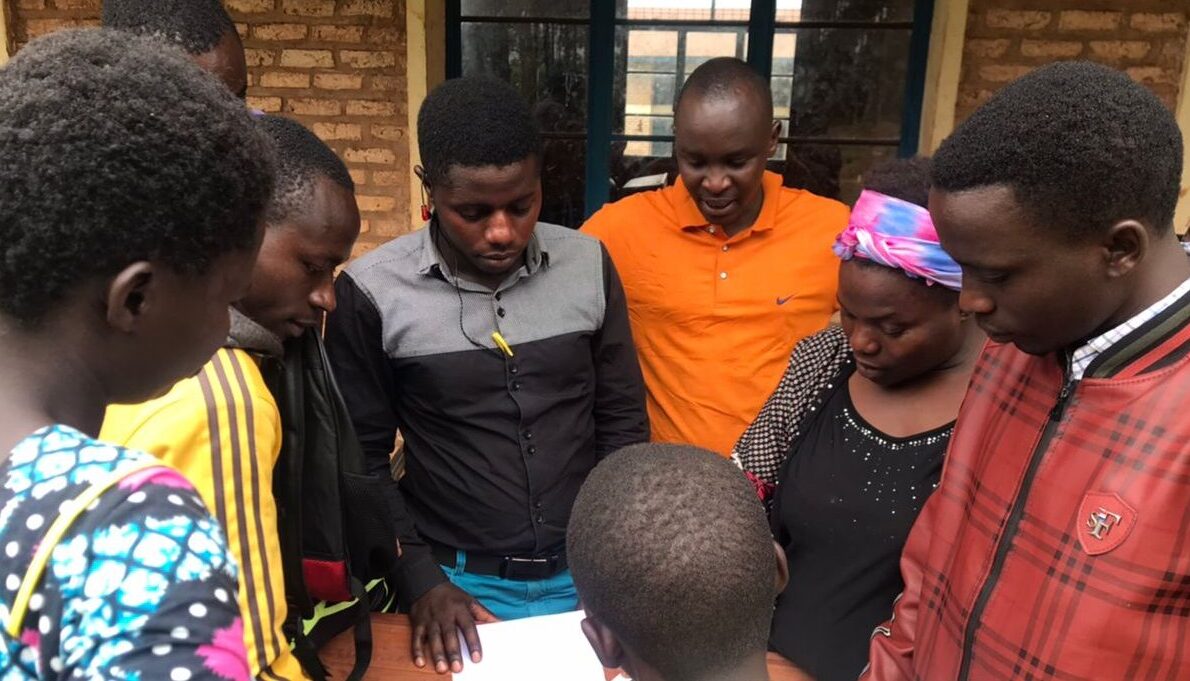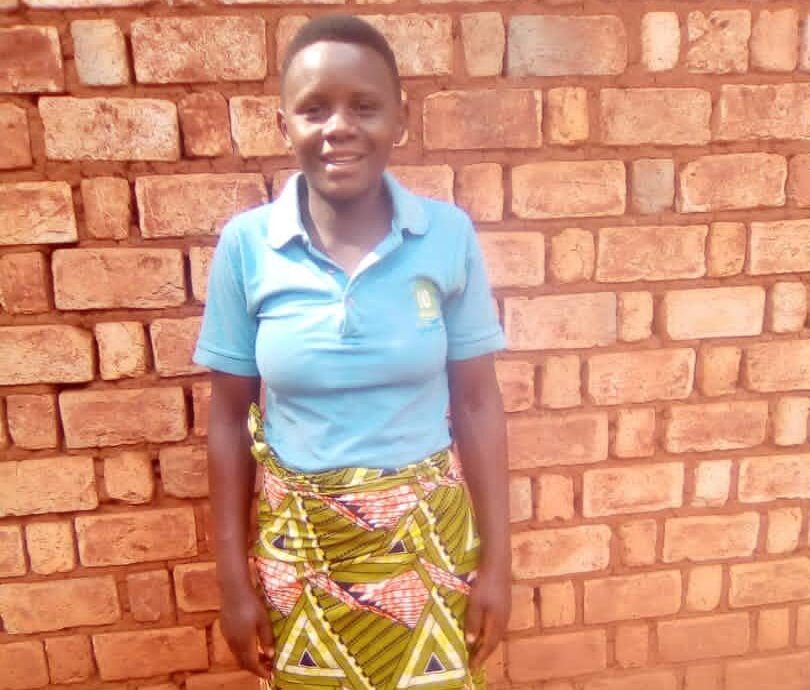Economic development and social cohesion go hand in hand and both drive stability in conflict and post-conflict countries. Below, we look at impact stories from Mozambique and Burundi to demonstrate how Counterpart is combining financial literacy with social cohesion and inclusion programing to improve lives and reduce conflict.
Mozambique: building networks to achieve economic sustainability
Despite being rich in natural resources and having one of the fastest growing economies in sub-Saharan Africa, 65% of people in Mozambique still live below the poverty line. The economy suffers from high rates of inequality, as well as instability and high levels of displaced people due to the ongoing conflict in the Cabo Delgado region. Aiming to improve the ability of civil society to address some of these issues, Counterpart has focused on capacity strengthening and improving social cohesion at the organizational level.
From 2016 to 2020, Counterpart’s Parceria Cívica para Boa Governação project mentored 17 civil society organizations working to support issues ranging from health to education to climate change. We focused on improving their organizational policy and procedures, and provided training on financial management, grant management, human resources, procurement, and funding mobilization. Our training included soft skills, ensuring that new policies and processes promoted accessibility, gender equity, and social inclusion. Over the life of the project, 147 partner CSO staff members reported using these new skills and knowledge to improve and expand their work. But Counterpart wanted to take this strengthened capacity one step further.
Building on this enhanced ability to effect change across sectors, Counterpart worked with the partners to help them build their networks, including strengthening their relationships with potential funders and clients. The combination of new hard and soft skills, when showcased to the right institutions, enabled our partners to secure additional local, regional, and national funding. As a result, our partners identified 19 new sources of funding and were successful in their proposals—making them more financially secure and allowing them to better support local communities.
BIOFUND, a partner focused on biodiversity and environmental conservation, diversified its funding, moving from 70% funded by the World Bank at the beginning of the project to only 35% by the end. Counterpart provided BIOFUND with financial sustainability training, helping it to restructure its fee-based programming model and earn additional fees for service. That decreased its dependance on external funding overall. With Counterpart’s support, Kuwuka LDA, a partner working in Mozambique’s extractives industry, built a relationship with a private sector partner whose funding allowed them to grow their advocacy work in support of community investment from extractives revenues.
Our partners in Mozambique and other countries have found social cohesion and economic growth to be mutually reinforcing. We work with local partners to learn their needs and priorities, build strong networks and relationships, and then leverage those new relationships to strengthen the local economy—which fosters stability and peace. In Mozambique this played out at the organizational level. In Burundi, we saw success at the individual level as well.
Burundi: amplifying inclusion through diverse youth savings groups
Burundi is recovering from generations of ethnic conflict, with nearly 70% of people living below the poverty line. Economic opportunities are limited and under-employed youth are particularly vulnerable targets for recruitment into violent political movements. From 2020 to 2023 Counterpart’s Turi Kumwe project, funded by USAID, created opportunities for youth to gain the skills necessary to enhance their economic well-being and reduce violence. Our team organized un- and underemployed youth from diverse socio-political, ethnic, and political backgrounds into village saving and loan associations. Over 60 inclusive groups made up of more than 2000 youth were formed, pooling savings and issuing loans worth $58,000—loans used to invest in small businesses focused on agriculture, livestock, mobile money transfer, local transport solutions, and more.

Counterpart’s USAID-funded Turi Kumwe project facilitated inter-commune exchanges to ignite relationship-building among youth outside of their traditional interactions.
Like in Mozambique, what makes Counterpart’s model unique is the non-traditional programming integrated into the savings and loans groups. Our coaches trained the youth in financial literacy, community engagement and networking, leadership, conflict resolution, gender equality and positive masculinity, business plan development, and managing a small business, enabling our partners to directly confront both unemployment and poverty – two leading drivers of conflict among Burundi’s youth population. And the results speak for themselves: there was a 38% increase in youth employment and 86% of participants shared that Counterpart’s efforts enabled them to grow or diversify their income.
One participant, 27-year-old Quelida Ndihokubwayo received a small loan to start a small business growing and selling beans. She is now able to help financially support her household, but the soft skills are what truly changed her life, helping her to gain confidence and freely voice her opinions. And Ndihokubwayo’s experience was not unique. 36% of youth participants reported an improvement in their attitudes towards gender equality and 22% noted an improvement in attitudes favorable to social cohesion.
Counterpart’s unique model in Burundi helped youth increase their income and better understand the central role they play in strengthening cohesion and socio-economic development within their communities.
These are just two examples of how Counterpart enhanced the technical skills of local partners who used their strengthened capacity to forge new relationships and enter into funding partnerships—all to support their local communities. Globally, Counterpart is pioneering new ways to weave together economic development, social cohesion, and conflict prevention. Together with our partners in Burundi, Mozambique, and elsewhere we are fostering peace through economic stability and sustainability.





